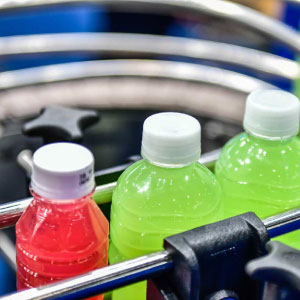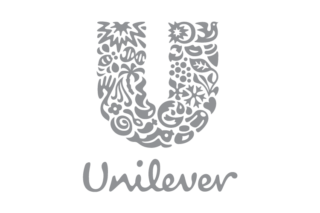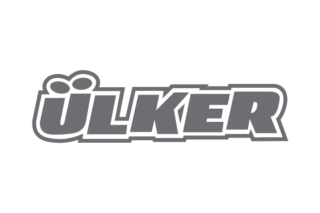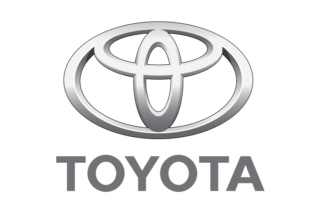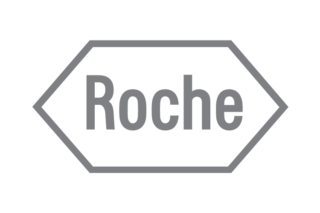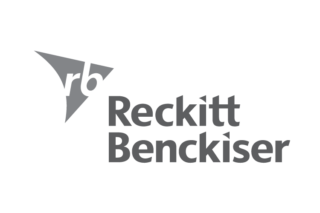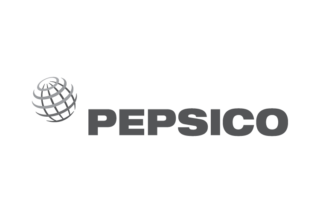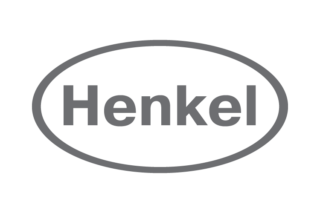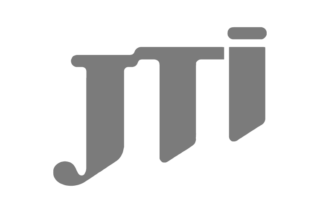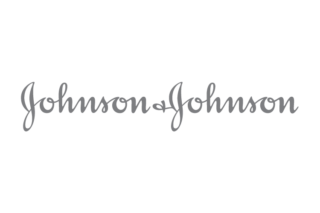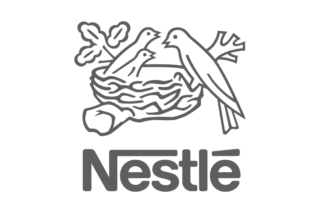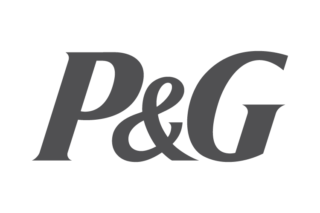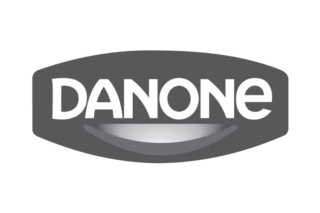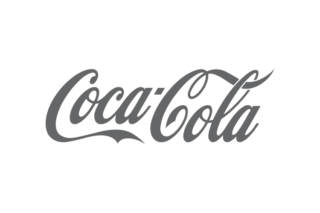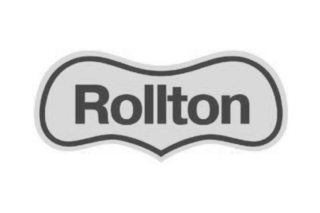WELCOME TO NAMA AUTOMATION FAQ
Here Are The Most Frequently Asked Questions.
FAQ
Automation boosts efficiency, lowers labor costs, improves product quality, enhances safety, and speeds up production times.
Maintenance and support involve ongoing costs for routine upkeep, technical assistance, and system updates to ensure optimal performance and resolve any issues that may arise.
If you’re dealing with scalability issues, labor shortages, or production inefficiencies, automation could be the solution. It streamlines operations, optimizes resources, and boosts productivity. Evaluate your current processes to determine if automation is the right fit and where it can deliver the greatest benefits.
Conveyors are essential for efficiently transporting materials, products, or packages in manufacturing and distribution. They automate the movement process, cutting down on manual labor, boosting throughput, and enhancing safety. Customizable and compatible with other automation systems, conveyors streamline production and ensure reliable, consistent operations.
Yes, modern automated systems come equipped with advanced safety features like emergency stop buttons, safety guards, and sensors to prevent accidents and ensure a secure working environment.
Automation minimizes manual tasks and can reduce the number of employees needed for certain roles. However, it empowers your remaining team to focus on higher-value, strategic work, driving business growth and fostering innovation.
Our automation software transforms your workflows by leveraging predefined rules and algorithms to streamline task sequences. It effortlessly automates repetitive tasks, triggers actions based on specific conditions, and continuously monitors performance, all of which significantly boost productivity and operational efficiency.
Proper training is essential for getting the most out of your automation investment. By training employees in machine operation, safety protocols, basic troubleshooting, and routine maintenance, you can improve productivity, reduce downtime, and ensure the safe and efficient use of your equipment. This not only enhances operational efficiency but also maximizes your return on investment.
Automated machinery is a long-term investment that, with proper care and regular maintenance, can offer reliable performance for 20 years or more. By ensuring consistent upkeep and optimal usage, you can maximize the lifespan of your equipment.
Regular maintenance is key to keeping your machinery running at peak performance. This includes timely software updates, lubrication, calibration, and inspections. Additionally, training your staff on proper usage and consulting our company not only helps prevent issues but also extends the lifespan of your equipment, ensuring you get the most out of your investment.
Common issues with automated machinery include software glitches, mechanical wear and tear, sensor malfunctions, and improper calibration. Regular maintenance and prompt troubleshooting are essential to minimize these problems, ensuring your equipment runs smoothly and efficiently.


